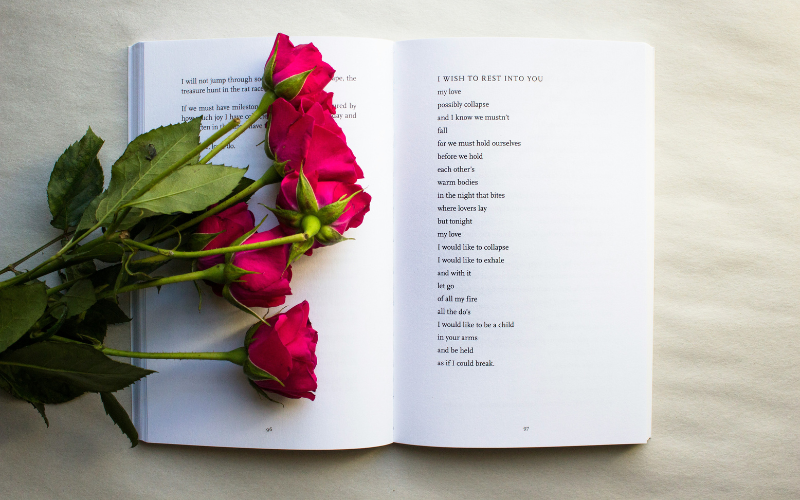Poetry in Kenya is no longer confined to smoky open mics or classroom anthologies. It has stepped into festivals, auditoriums, and even boardrooms, carving a space in the cultural fabric. Yet, beneath the applause and rhythmic verses lies a harder question: can poetry in Kenya truly pay bills?
The answer, much like the art form itself, is layered. The scene today sits somewhere between thriving and struggling. A decade ago, poets had few outlets beyond small community stages, often performing for free in the name of exposure.
Today, the landscape looks different. Solo shows sell out, cultural organisations sponsor events, and poets travel across borders to perform. Poetry has evolved into something more respected, more visible, and, for some, more profitable.
Still, poetry rarely provides a straight path to financial security. The income is inconsistent, swinging between good months and dry spells. A performance at a major cultural event might earn tens of thousands of shillings, while a smaller gig may barely cover transport.
Workshops offer steadier pay, and commissions from NGOs, conferences, or media appearances add variety to a poet’s income stream.
In Nairobi, audiences are proving that they will pay for poetry, provided the experience is crafted with value. Performers like Mufasa, Maina Mind, and Gufy have shown that well-curated shows can consistently draw crowds.
Beyond the stage, digital platforms have become the new marketplace. YouTube, Instagram, and TikTok amplify voices far beyond city boundaries. For many, these platforms are less about direct income and more about visibility.
Event organisers, brands, and cultural institutions often discover poets online, offering them opportunities they might never have found on their own. For some who manage to draw in large followings, digital reach has begun to translate into real financial gain, though often not in proportion to the effort invested.
The challenges remain significant. Venues that capture the intimacy of poetry are few, making it expensive for artists to stage performances independently. Tokenism continues to haunt the scene, with organisers sometimes offering symbolic pay under the guise of “exposure,” even when resources exist.
The inconsistency of gigs collides with the constancy of bills, forcing many poets to diversify or risk burnout.
Beneath these struggles lies a bigger conversation about systems. Poets argue that Kenya needs stronger cultural policies, better marketing structures, and platforms designed to protect creatives from exploitation.


